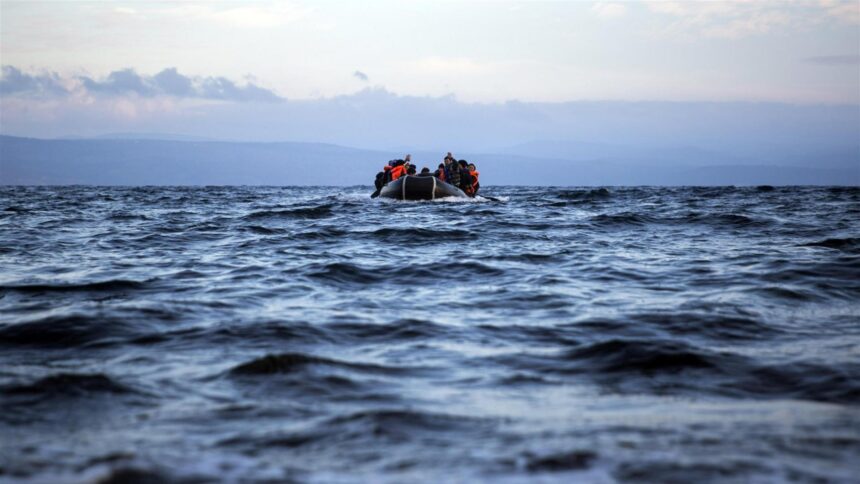Summary by Geopolist | Istanbul Center for Geopolitics:
The article details the complex migration situation in Tunisia, which has transitioned from being a country of emigration to a transit hub for migrants, especially from Sub-Saharan Africa. Factors driving this shift include Tunisia’s economic crisis, political instability, and deteriorating security in neighbouring regions like Libya. President Kaïs Saïed’s reaction has encompassed anti-migrant policies and rhetoric, employing migration as a mechanism to obtain financial and political backing from the EU. This strategy has resulted in an escalation of human rights abuses and heightened EU backing while weakening Tunisia internally.
Key Points:
- Tunisia’s role has transitioned from largely exporting its nationals to Europe to serving as a transit center for Sub-Saharan migrants. The volume of migrants moving from Tunisia to Italy has escalated in recent years.
- The migratory challenges in Tunisia are intricately linked to economic instability, elevated unemployment rates, and insufficient reforms, further intensified by Saïed’s repression of political adversaries following his 2021 seizure of power.
- Anti-Migrant Policies: Saïed has focused on Sub-Saharan migrants to shift public attention away from Tunisia’s own issues. His speech has incited xenophobic violence, fostering a dangerous atmosphere for migrants and asylum seekers.
- The EU has leveraged Tunisia’s participation in migration by offering substantial funds in return for enhanced border restrictions, so bolstering Saïed’s regime. The EU-Tunisia migration agreement of July 2023 exemplifies this dynamic.
- The escalation of migratory controls has resulted in significant humanitarian repercussions, encompassing deportations and allegations of mistreatment. Saïed’s tactics have converted Tunisia into a “buffer zone,” resulting in thousands of migrants being left in precarious situations.
- Long-Term Implications: Saïed’s policy may produce immediate benefits, although it poses a threat of exacerbating destabilization, economic failure, and a humanitarian crisis that could jeopardize Tunisia’s stability and progress.
Read the full article here.







